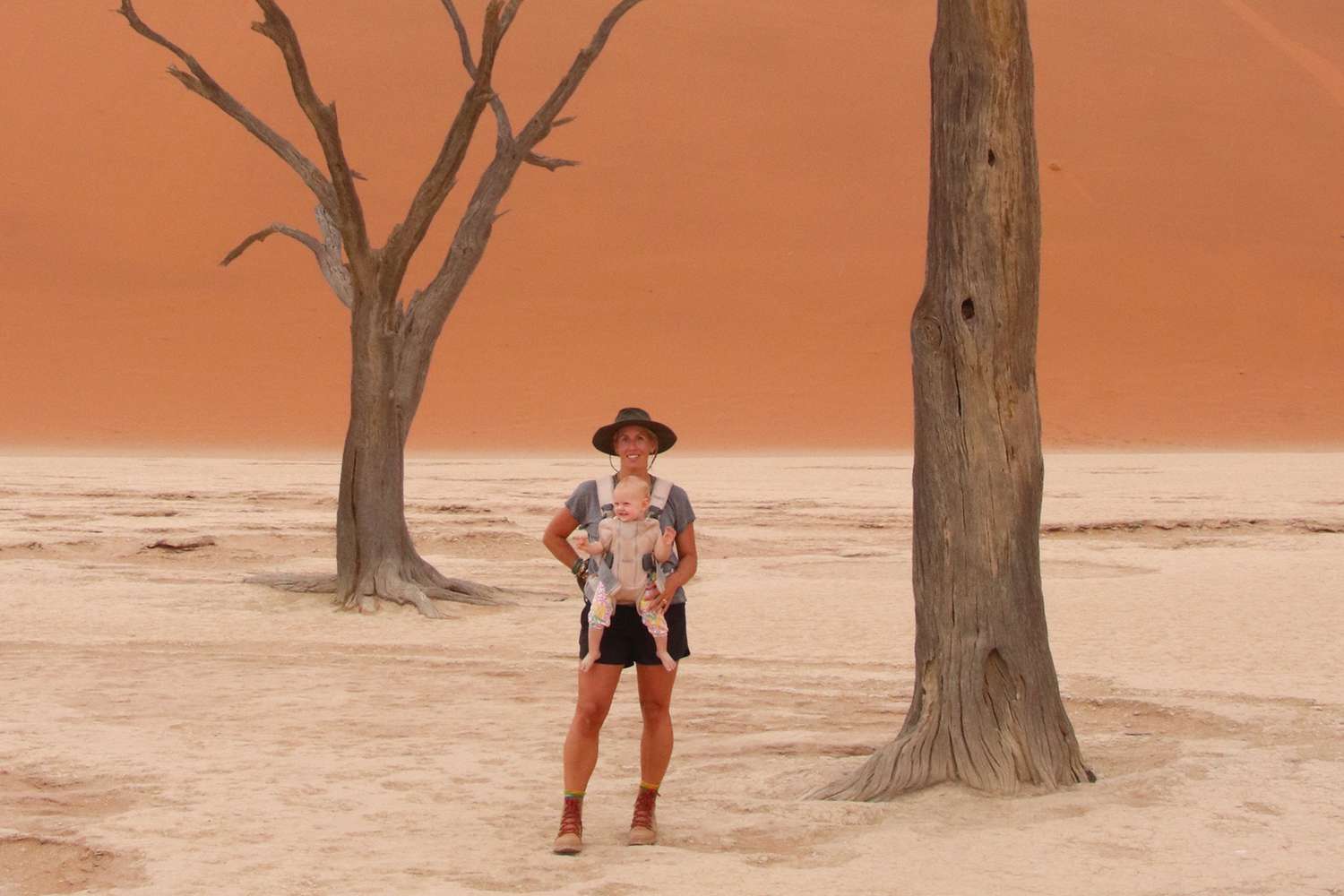Namibia is in Southern Africa, bordered by the Atlantic Ocean, South Africa, Zambia, and Botswana. It’s famous for its stunning natural spots like the Kalahari desert, the Namib desert, Fish River Canyon Park, and Etosha National Park. Namibia also stands out for producing top-quality diamonds.
People in Namibia speak nine different languages. Some of them, like the Khoisan languages, use unique clicking sounds not heard in most languages worldwide

Namibia is safe to travel
Navigating Namibia after visiting South Africa is easy because the two countries are alike. If you’ve been to one, you’ll find your way around the other without much trouble. While languages in South Africa and Namibia have some differences, like how Afrikaans is a point of pride in Namibia while English may be more common in South Africa, the people in Namibia are friendly and welcoming to everyone. Namibia is generally safe and peaceful for visitors of all ethnic backgrounds.
Overall safety
Many consider traveling to Namibia to be safe, but the reported crime rates are high. Crime is a big issue not only in Windhoek, the capital, but also in other areas of the country. In tourist-frequented spots, there’s a higher risk of violent crimes such as muggings and bag snatchings.
Weather
Namibia shines as one of the sunniest countries globally, boasting around 300 sunny days each year. Its climate is typically hot and dry, though there’s considerable variation within seasons and even throughout a single day. Any time is a good time to visit Namibia, but the period from May to October attracts the most visitors due to minimal precipitation and uninterrupted sunshine, except for coastal areas, which often encounter fog.
Transportation
In urban areas, visitors driving should be cautious as taxis frequently stop suddenly to pick up and drop off passengers, causing a high rate of rear-end incidents. Additionally, the mass transit system is limited, with fewer buses on major routes compared to other African countries, and relatively few taxis available. However, travelers have excellent options for exploring Namibia, whether they opt for guided tours or rent a car for self-driving adventures.
Occurrences that are typical
Common small crimes in Namibia include pickpocketing, purse snatching, vehicle theft, and car break-ins. To avoid such incidents, basic precautions like not leaving valuables visible in parked cars, securely holding onto purses, keeping wallets in front pockets, and staying aware of surroundings are essential. Thefts from inside vehicles are also a potential concern.
Women Traveling
For women traveling solo, Namibia is generally safe to visit. Just use your common sense and stay alert to your surroundings. Avoid carrying purses, especially at night, and never take a cab alone after 9 p.m.

Natural causes
Floods, droughts, and wildfires are just some of the natural calamities that might occur on a yearly basis in Namibia. However, they are not of a severe kind, and the most recent natural catastrophe that occurred was a catastrophic flood that resulted in extensive relocation.
Fraud
In Namibia, tourists are frequently targeted by scams. These may involve individuals selling supposed raw diamonds or precious stones that turn out to be worthless. Scammers might also try to distract you to steal your wallet, backpack, or phone with the help of an accomplice. If a stranger approaches you, it’s important to stay highly alert and cautious.
FAQs
Conclusion
Namibia is renowned for its vast deserts and is a popular destination for thrilling road trips, wild safaris, and adventurous activities like skydiving and quad riding in and around Swakopmund, known as Namibia’s adventure hub. With its overall low crime rate and minimal issues encountered by tourists, Namibia stands out as a secure vacation spot in Africa.
Given Namibia’s relatively small population, most tourists explore areas far from major cities. The country has enjoyed stability without major conflicts, making it a safe destination.
Compared to neighboring countries, Namibia’s climate remains stable throughout the year, with little precipitation. The dry winter season, from July to October, offers excellent wildlife viewing opportunities at Etosha National Park.
In summary, Namibia is a peaceful nation, free from war and generally safe for tourists to explore. Since the end of Angola’s civil war in 2002, Namibia has remained free from violent conflicts.


